
Day One: Educating Youth To End Dating Violence
Love Should Always Be Safe.
The Problem
Dating violence is rarely thought of as an issue that impacts young people directly, while in reality 1 in 3 teens report experiencing some kind of abuse in their romantic relationships, including verbal and emotional abuse.
Young people may not recognize the early warning signs of abuse when they are in their first relationships. Frequently they lack the language or experience to navigate a conversation about consent. Teen victims experience subtle controlling behaviors, such as constant criticism of their appearance or restrictions on who they can talk to or where they can go. Technology abuse has grown exponentially, and online stalking, invasions of privacy, and release of intimate photos online are all common occurrences in abusive relationships among youth. Because of shame, social expectations, and distrust of authority figures, 2 out of 3 young people experiencing dating violence do not tell anyone. Lack of information about healthy relationships and available resources drastically reduces the likelihood that youth will leave an abusive partner. Despite the high occurrence of youth experiencing coercion and violence in their intimate relationships, few specialized services reach youth experiencing these issues.
Day One is uniquely equipped to take on these challenges. Since 2003, Day One has been New York’s only nonprofit focused exclusively on intimate partner violence among youth, 24 and under. Day One has provided preventive education, legal assistance, and counseling and assisted over 80,000 youth.
The Solution
Day One partners with youth to end dating abuse and domestic violence through preventive education, supportive services, legal advocacy and leadership development. We believe the key to ending dating violence among youth is prevention. Day One empowers youth to maintain healthy relationships free from all forms of abuse through community education programs, outreach and awareness, and direct services.
Day One’s educators deliver youth-centered preventive workshops in schools that give young people the tools to stop dating violence among themselves and their peers before it happens. Our preventive workshops use role-plays and interactive tools to address sexual assault, consent/coercion, and technology abuse, and to promote healthy relationships. Our goal is to create culture change by developing the capacity of youth and school personnel to prevent dating abuse and sexual violence by recognizing, naming, and intervening when they see it happening around them.
Day One builds skills among adults—such as faculty, parents, law enforcement, child protective workers and social service providers—to identify the risk factors for dating abuse, deliver tips on safety planning, make appropriate referrals and offer supportive guidance to youth.
Day One’s workshops link young people who may be experiencing abuse, and the adults in their schools, with direct service programs. Day One’s social workers provide individual and group counseling and case management services. Our staff attorneys provide legal advice and representation for youth seeking orders of protection, custody/visitation, child support and/or domestic violence-based immigration help.
Planned Use Of Funds
With your support Day One will allow us to expand our preventive education programs that educate and empower youth to end dating violence. Day One will deliver workshops in middle schools and high schools that offer students the opportunity to discuss the healthy partnerships they want for themselves. They build the skills to intervene and support a friend if they are uncomfortable with how a peer is behaving or what a peer is experiencing.
Through online content, printed guides, and face-to-face preventive classes, Day One can reduce a tolerance for and the incidence rate of dating violence among youth. Our materials address stalking, abuse on campus, consent, abuse in LGBTQ relationships, technology abuse, getting orders of protection or custody, and helping a friend. Interactive exercises allow students to build their understanding of healthy behaviors and acquire skills for how to treat others with respect. Participants learn how to access help in they are experiencing abuse and what remedies are available in their schools and the courts.
Thank you for your generous support!
Stage of Development
- Early Stage
- Established Prototype
- Scaling
- Other
Organization to Receive Funds
Day One






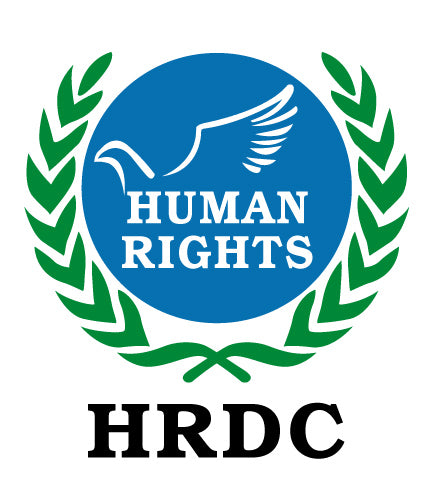
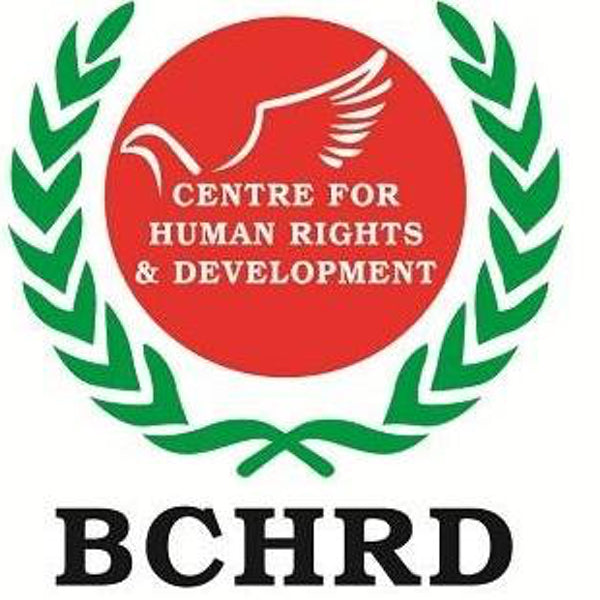
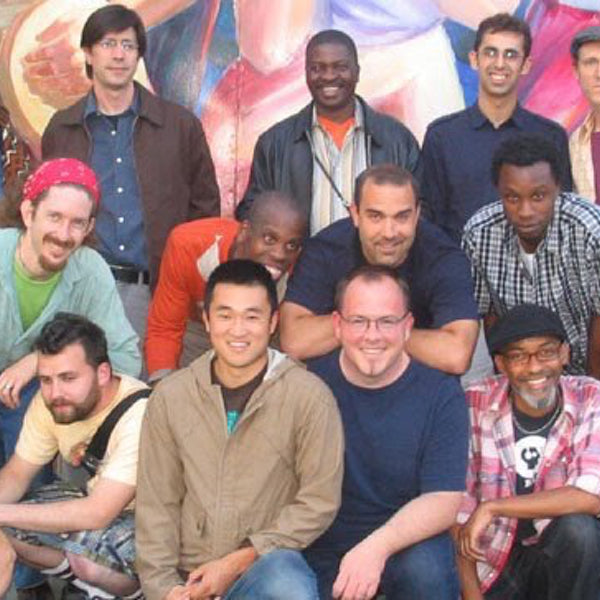
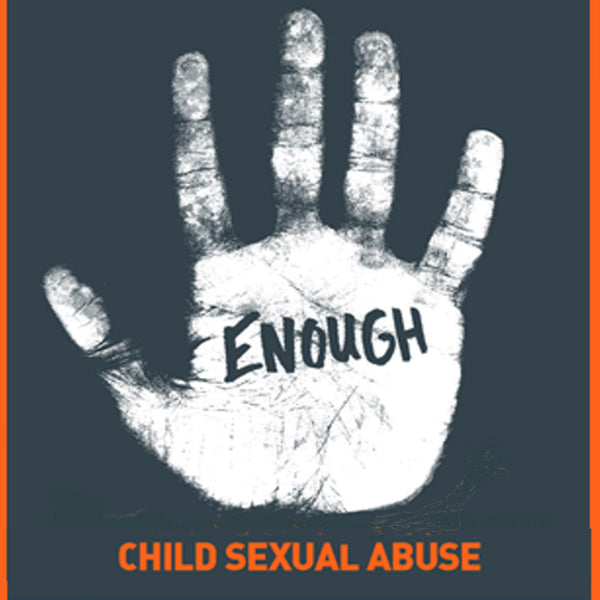

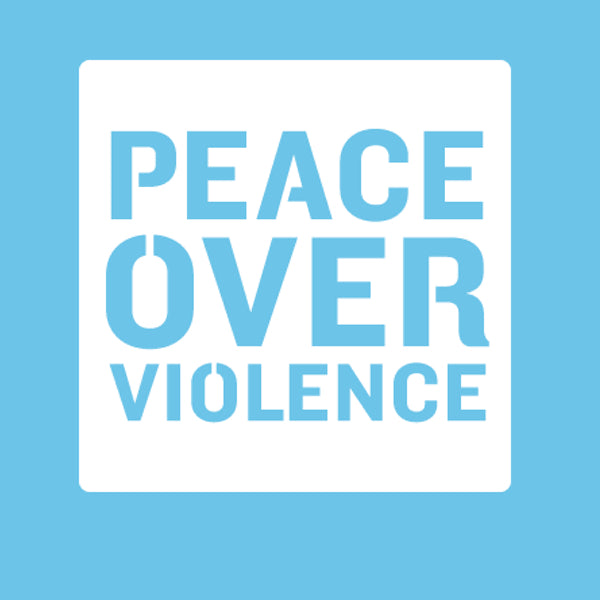
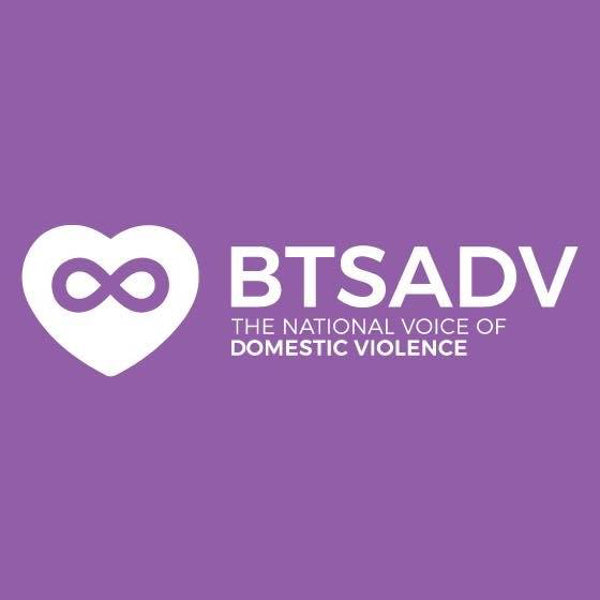

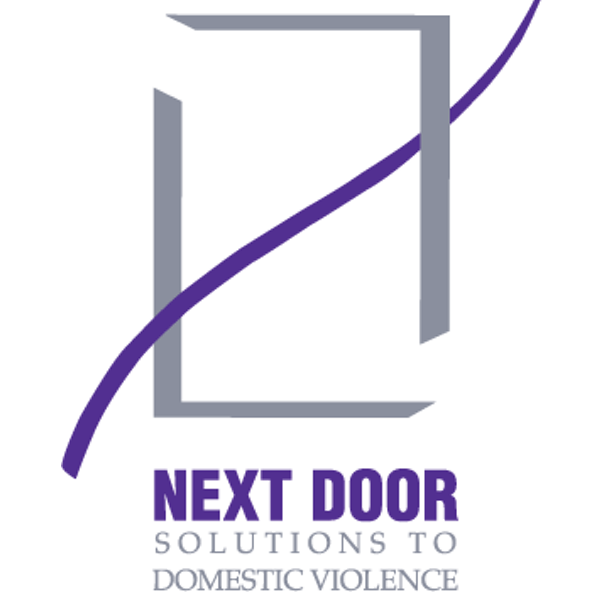

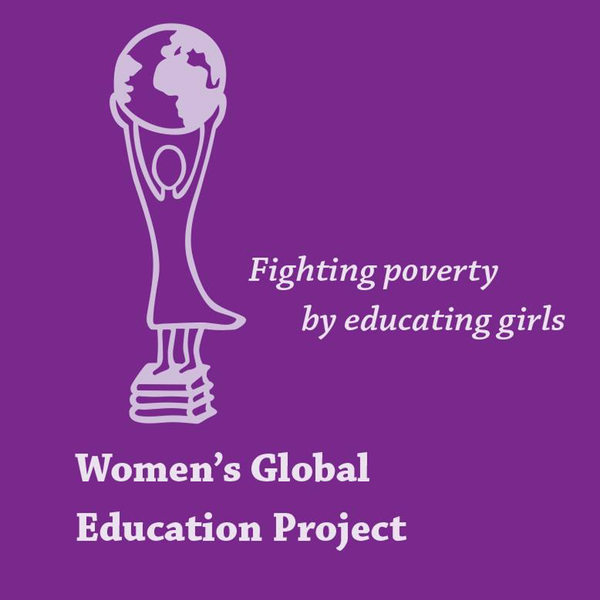

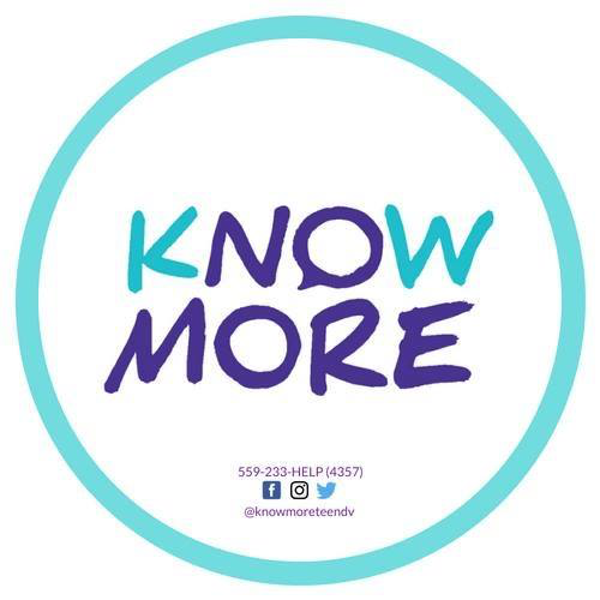


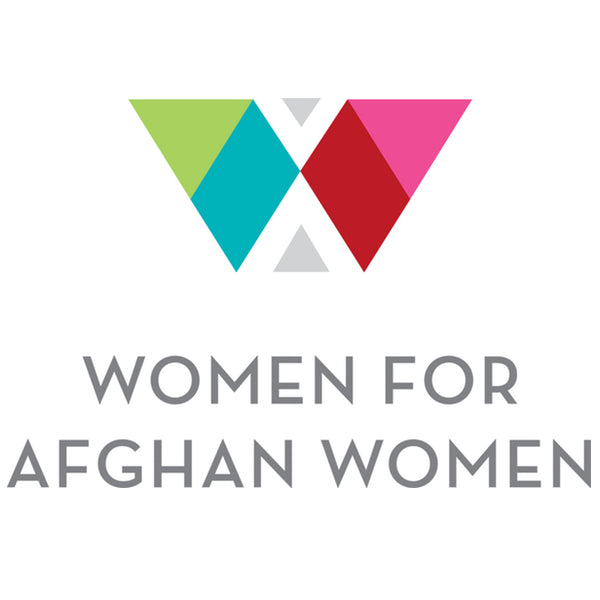
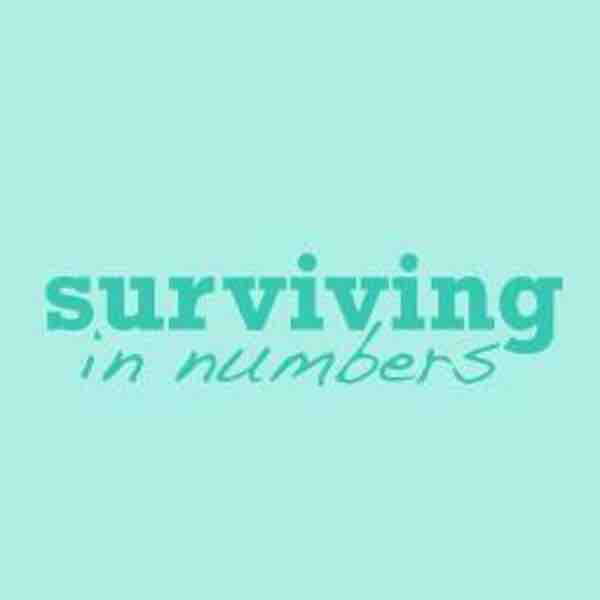
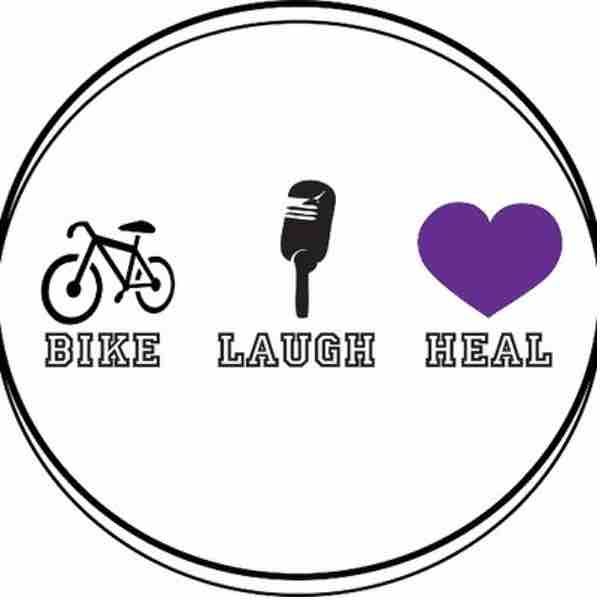

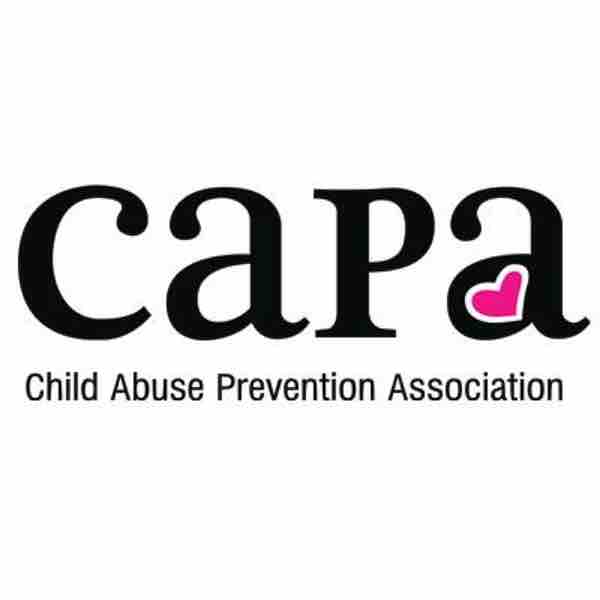
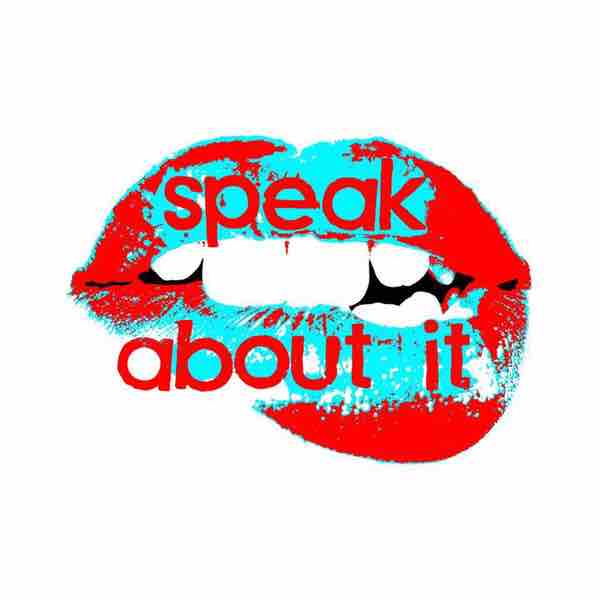
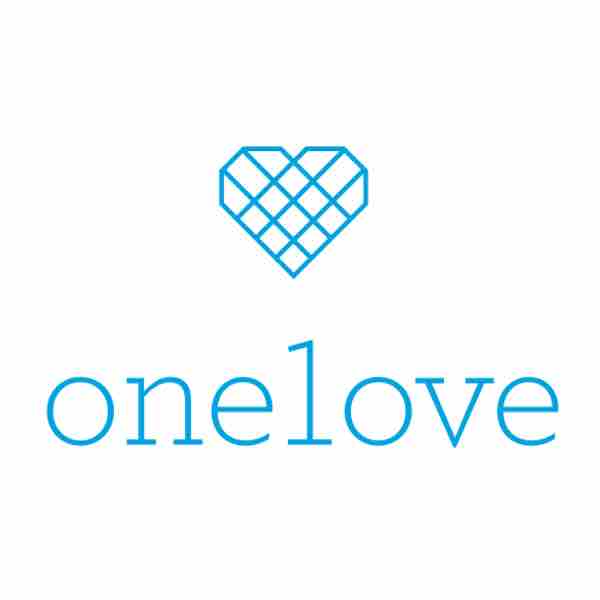
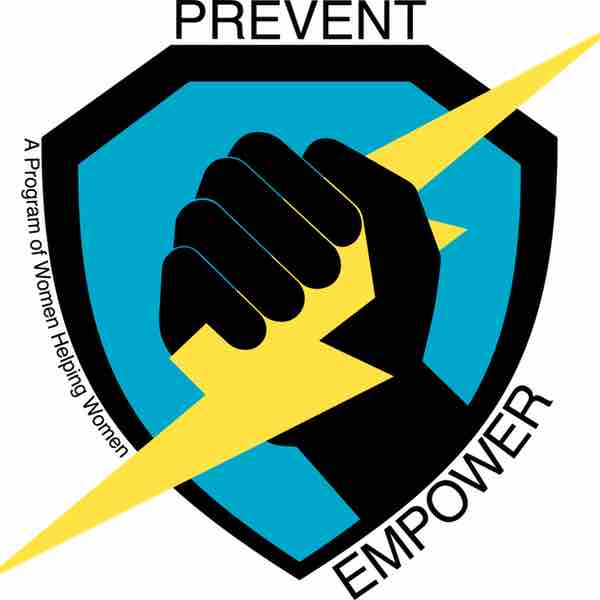
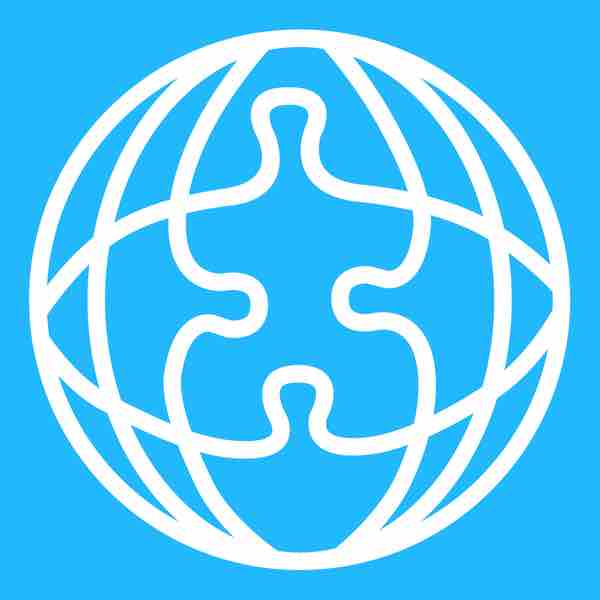

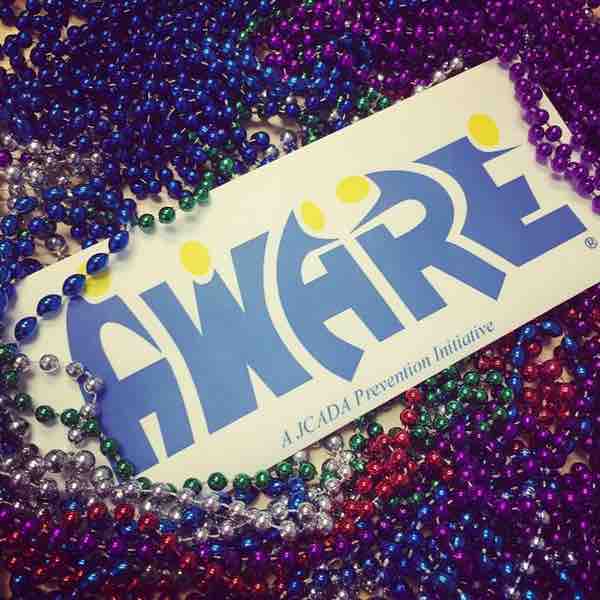
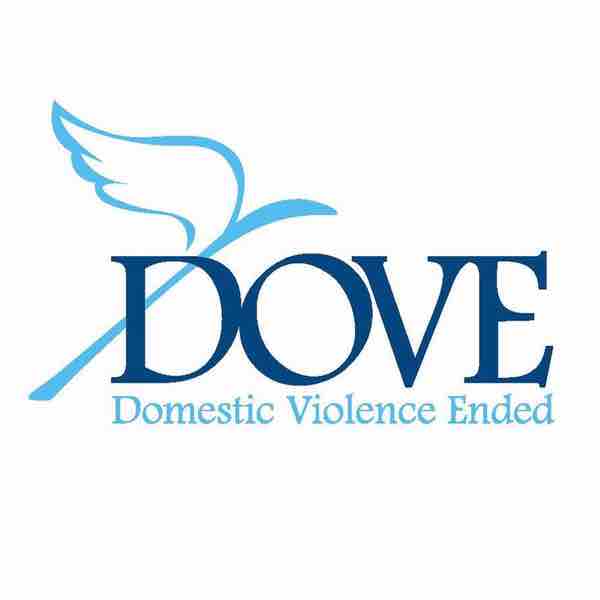
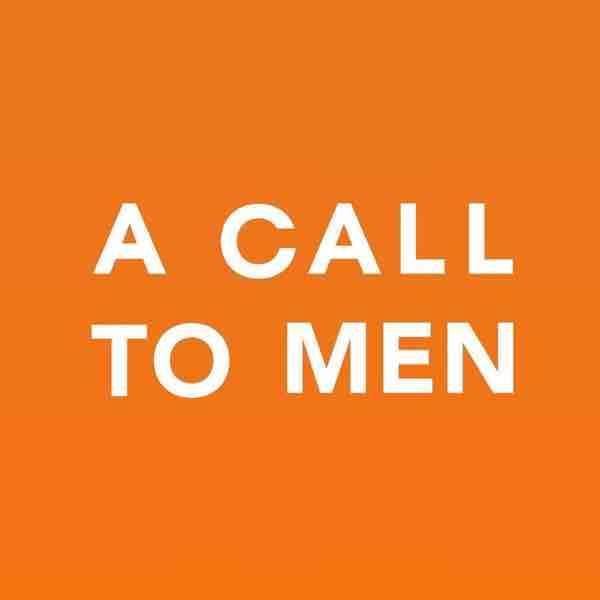
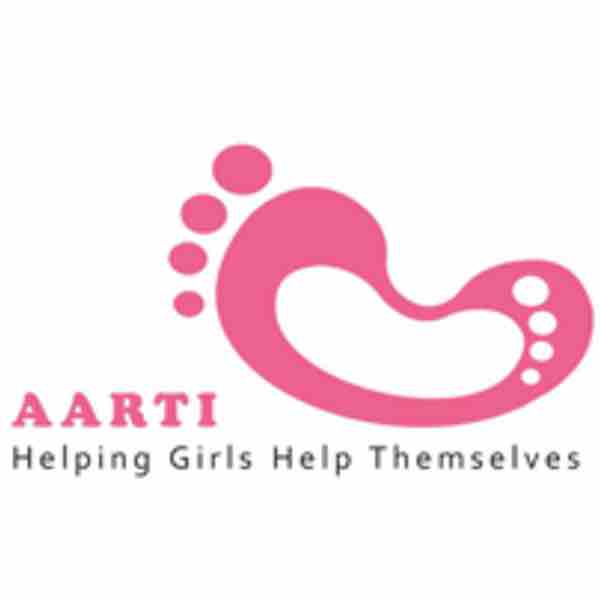
Join The Discussion